Life
-
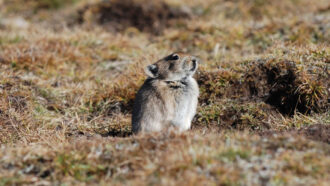 Life
LifeSome pikas survive winter by eating yak poop
Pikas endure bone-chilling cold on the Tibetan Plateau by using little energy and fueling up on yak poop.
-
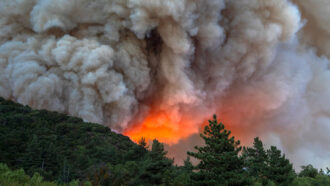 Environment
EnvironmentWildfire smoke seeds the air with potentially dangerous microbes
Studies now show that most wildfires don’t kill microbes. That’s fueling worries about what risks these smoke hitchhikers might pose to people.
By Megan Sever -
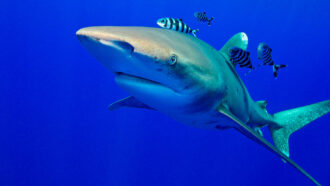 Animals
AnimalsAnalyze This: Sharks aren’t as scary as what you see on TV
In Shark Week shows, scientists found mixed messages about sharks, insufficient research support and little info on conserving endangered animals.
-
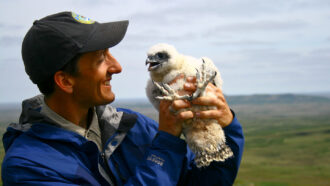 Animals
AnimalsEndangered or just rare? Statistics give meaning to the head counts
Whether studying tiny birds or massive whales, researchers collect a lot of data. The field of statistics helps them make sense of those data.
-
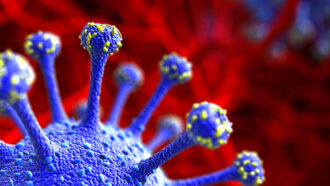 Microbes
MicrobesExplainer: Virus variants and strains
When viruses become more infectious or better able to survive the body’s immune system, they become a type of variant known as a strain.
By Janet Raloff -
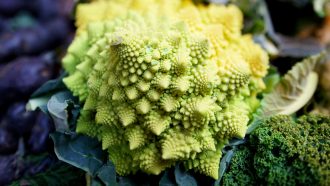 Plants
PlantsHow Romanesco cauliflower grows spiraling fractal cones
By tweaking just three genes in a common lab plant, scientists have mimicked one of nature’s most impressive mathematical patterns.
By Nikk Ogasa -
 Genetics
GeneticsJust a tiny share of the DNA in us is unique to humans
Some of these tweaks to DNA, however, may have played a role in brain evolution.
-
 Environment
EnvironmentWarming cities may see more rain — and frequent flooding
Scientists are seeking to understand why and how to mop up excess precipitation.
-
 Life
LifeEven raised by people, wolves don’t tune into you like your dog
Dog puppies outpace wolf pups at engaging with humans, even with less exposure to people, supporting the idea that domestication changed dogs’ brains.
-
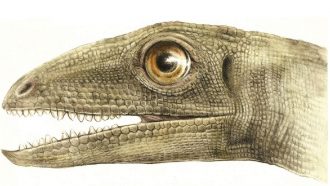 Earth
EarthNew beetle species found in fossil poop of this dino relative
Whole beetles preserved in fossilized reptilian poop suggest that ancient droppings may deserve a closer look.
By Nikk Ogasa -
 Animals
AnimalsHere’s how sea otters stay warm without blubber or a large body
For the smallest mammal in the ocean, staying warm is tough. Now, scientists have figured out how the animals’ cells rise to the challenge.
-
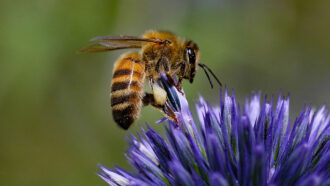 Animals
AnimalsAbdominal fuzz makes bee bodies super slippery
Scientists find that tiny hairs on a honeybee’s abdomen reduce wear and tear as a bee’s outer skeletal parts rub against each other all day long.